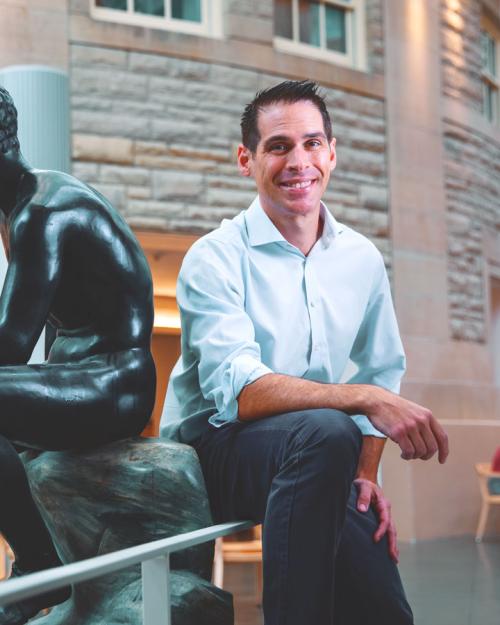Shaun Nichols, professor of philosophy and director of the Cognitive Science Program in the College of Arts and Sciences, compares high-minded philosophical systems to the ways everyday people approach problems, Cornell Research reports. Like picking wild blueberries, for example: Are the berries your property when you gather them? Suppose you live in a society where all property is seen as belonging to the whole community; would that make it okay for someone from your community to take the berries away from you?”
“If the rules were different people think it would be okay to take what someone else worked for,” Nichols said in a Cornell Research article about his work. “This is very different from morality.”
Read the full article on the Cornell Research website.




